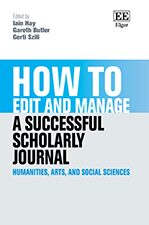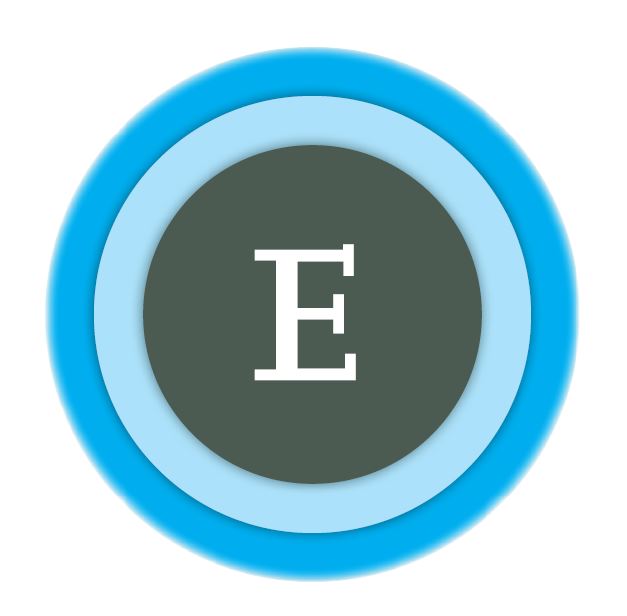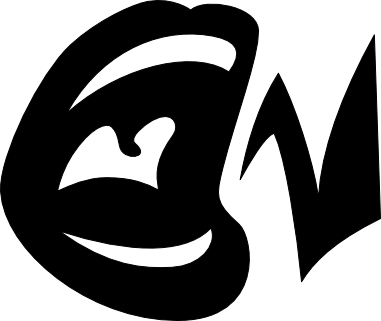More and more across academia, students getting involved with scholarly publishing on their campuses. Whether this takes the form of contributing to research papers or authoring articles and submitting them to journals, young scholars are seeking opportunities to participating in developing discourse and add to the scholarly record. Boston College libraries in particular supports this in a variety of ways; all students are welcome to apply for funding via the Open Access Publishing Fund, which provides support with the coverage of Article Processing Charges for authors interested in submitting work to, and our Open Journal Systems platform, which currently hosts nine student journals publishing material.

Given the relative increased interest, the timing of this new title could not have been better. How to Edit and Manage a Successful Scholarly Journal: Humanities, Arts, and Social Sciences was publishing in May of 2024 and consists of eighteen chapters covering a wide variety of central topics that any young scholar should keep in mind. From best practices around building an editorial team to how to judge questionable and predatory editorial behaviors, this helpful guide provides a foundation for higher education practitioners interested in guiding students through the process of being published or attempting to manage a serial. And indeed, the ebook is now fully accessible for rental through the Boston College libraries’ catalogue.
While there are eighteen chapters in the collection that cover a wide range of topics geared towards helping scholars think about publishing in the humanities, arts, and social sciences, Chapter 8 “Rebound and renewal: strategies and tactics for journal revitalisation” focuses on some ideas for picking up journals that may struggle to consistent gather and publish content on a quarterly or yearly basis. The chapter outlines best practices around communications with an editorial board and some suggested leadership roles, and also discusses ideas for attracting submissions, such as publishing “special issues” with a clearly defined focus – inviting a wider array of reviewers for a more non-committal approach to introduce young scholars to participating in scholarly publishing. Additionally, sticking to consistent timelines for the review process leads to more consistent positive relationships with authors, which can help provide sources of content when a journal is looking for submissions.
Here at Boston College, we have a number of journals that still enjoy tremendous global readership, but are no longer publishing current issues. Elements is a interdisciplinary undergraduate journal with a long history of publication at Boston College, but is currently not actively seeking submissions. Additionally, Lingua Frankly, another long time student publication, explores undergraduate work that has to do with language or linguistics, but has not had an active editorial board since the major disruptions of the pandemic. If you have interest in revitalizing or starting your own an open access journal at Boston College, please reach out to Gabriel Feldstein and the Scholarly Communications Team for more information. Click the images below to view the publications from the respective student journals.

